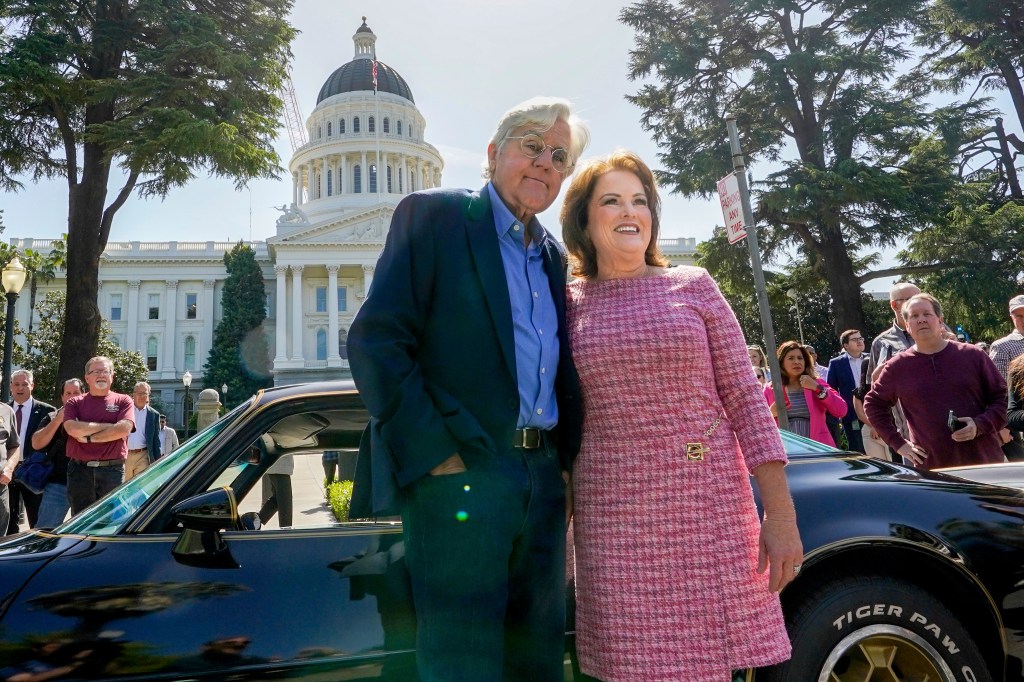Executive Summary
- Genes account for only about 20% of human longevity; lifestyle choices and environmental factors play a more significant role.
- Exercise, particularly a combination of aerobic and strength training, is the most potent "biohack" for combating age-related diseases.
- Topol advocates for a Mediterranean diet, prioritizing fruits, vegetables, whole grains, lean proteins, and healthy fats, while avoiding ultra-processed foods.
Event Overview
Dr. Eric Topol, a renowned cardiologist and scientist, has released his new book, "Super Agers: An Evidence-Based Approach to Longevity," which delves into the science of aging and offers practical strategies for extending health span. Topol emphasizes the importance of lifestyle factors, such as diet, exercise, and social connections, in preventing age-related diseases. He critiques the pseudoscience prevalent in the longevity movement and advocates for evidence-based approaches to improve overall health.
Media Coverage Comparison
| Source | Key Angle / Focus | Unique Details Mentioned | Tone |
|---|---|---|---|
| The New York Times | Overview of Topol's book and key insights into aging well. | Highlights the 'Wellderly' study and the importance of lifestyle over genetics in healthy aging. | Informative and optimistic |
| National Geographic | Seven science-backed rules for living longer, based on Topol's research. | Emphasizes exercise as the most potent 'biohack,' the Mediterranean diet, and the need for deep sleep and social connections. | Practical and evidence-based |
| The Guardian | Topol's plan to improve America's health by rejecting pseudoscience. | Discusses the importance of precision medicine, the impact of environmental factors, and concerns about science denialism in the US. | Critical and optimistic |
Key Details & Data Points
- What: Dr. Eric Topol's research and recommendations for achieving a longer and healthier life, focusing on lifestyle modifications, diet, exercise, and leveraging technology.
- Who: Dr. Eric Topol, founder of the Scripps Research Translational Institute; individuals seeking to improve their health span; the 'Wellderly' cohort.
- When: The book "Super Agers" was released on Tuesday, May 6 or 8, 2025 (sources vary). The advice is applicable throughout one's life, with emphasis on early adoption.
- Where: Focus is global, with specific attention to the United States' health challenges and opportunities.
Key Statistics:
- Genetics account for approximately 20% of human longevity.
- Being active (briskly walking at least 150 minutes per week) is associated with living an extra 4.5 years.
- Ultra-processed foods make up 60% of Americans' daily energy intake.
Analysis & Context
Dr. Topol's work provides a refreshing, evidence-based perspective in the often-misleading longevity market. He emphasizes modifiable lifestyle factors, empowering individuals to take control of their health. His critique of pseudoscience is crucial in an era of misinformation. However, implementing these changes requires personalized approaches and addressing social determinants of health, which are significant challenges. The potential impact of political factors and science denialism, as highlighted by The Guardian, presents a serious threat to public health progress.
Notable Quotes
Science has shown us that reversing aging, not just extending lifespan, is possible.
For healthy aging, it's largely not a genetic story. You have a lot of power.
This book is trying to set the record straight, get rid of the pseudoscience, and paint an incredibly optimistic picture of how we are so well-positioned to prevent the three age-related diseases that compromise our health span.
Conclusion
"Super Agers" by Dr. Eric Topol presents an actionable blueprint for enhancing healthspan through lifestyle choices, emphasizing diet, exercise (including aerobic, strength, and balance training), and robust social connections. Extending beyond traditional approaches, it incorporates "lifestyle+" factors like environmental conditions, socioeconomic status, and the mitigation of social isolation. The roadmap acknowledges challenges such as the pervasiveness of pseudoscience and the critical need to address social determinants of health, including income, education, access to healthcare, and neighborhood environment, which significantly impact health outcomes. Overcoming these systemic inequities is crucial, as these factors can outweigh genetic predispositions. The growing influence of anti-science movements, particularly those undermining trust in vaccines and public health institutions, poses a substantial threat that demands a resolute and informed counter-response to protect public health and promote evidence-based practices. Integrating AI and personalized health forecasts offers promise for preventative medicine, enabling earlier disease prediction and tailored interventions.
Disclaimer: This article was generated by an AI system that synthesizes information from multiple news sources. While efforts are made to ensure accuracy and objectivity, reporting nuances, potential biases, or errors from original sources may be reflected. The information presented here is for informational purposes and should be verified with primary sources, especially for critical decisions.









